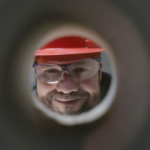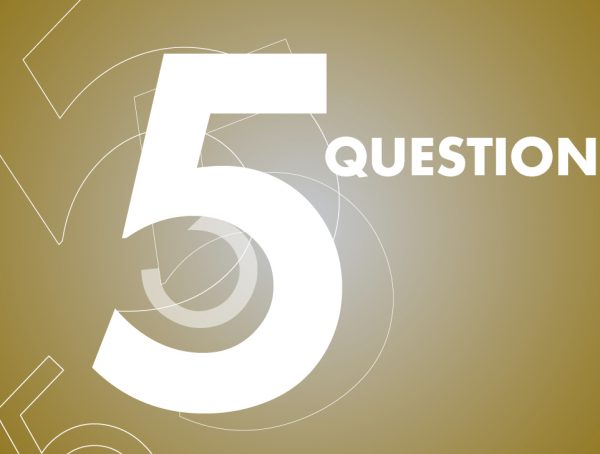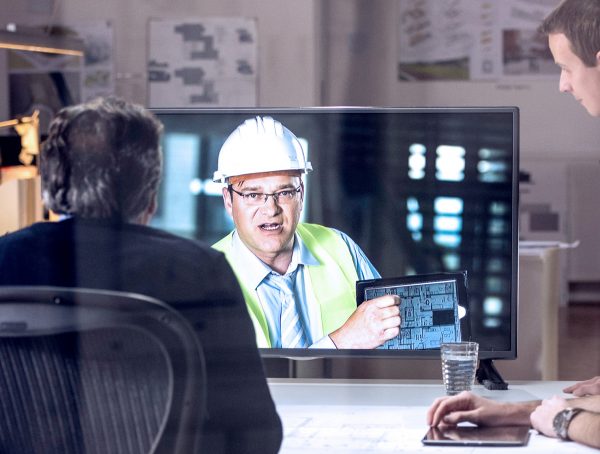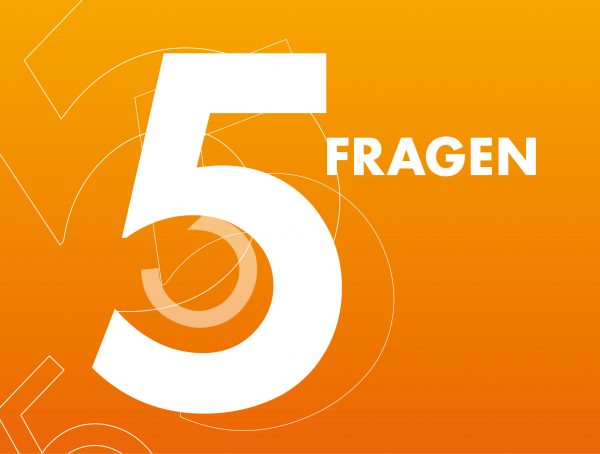If humanity hopes to save the planet, we will have to change our way of thinking in many sectors. Chemist and process engineer Prof. Dr. Michael Braungart helped design Cradle to Cradle®, a concept used to establish a circular economy. In our interview, he talks about practical and absurd ideas regarding sustainability.
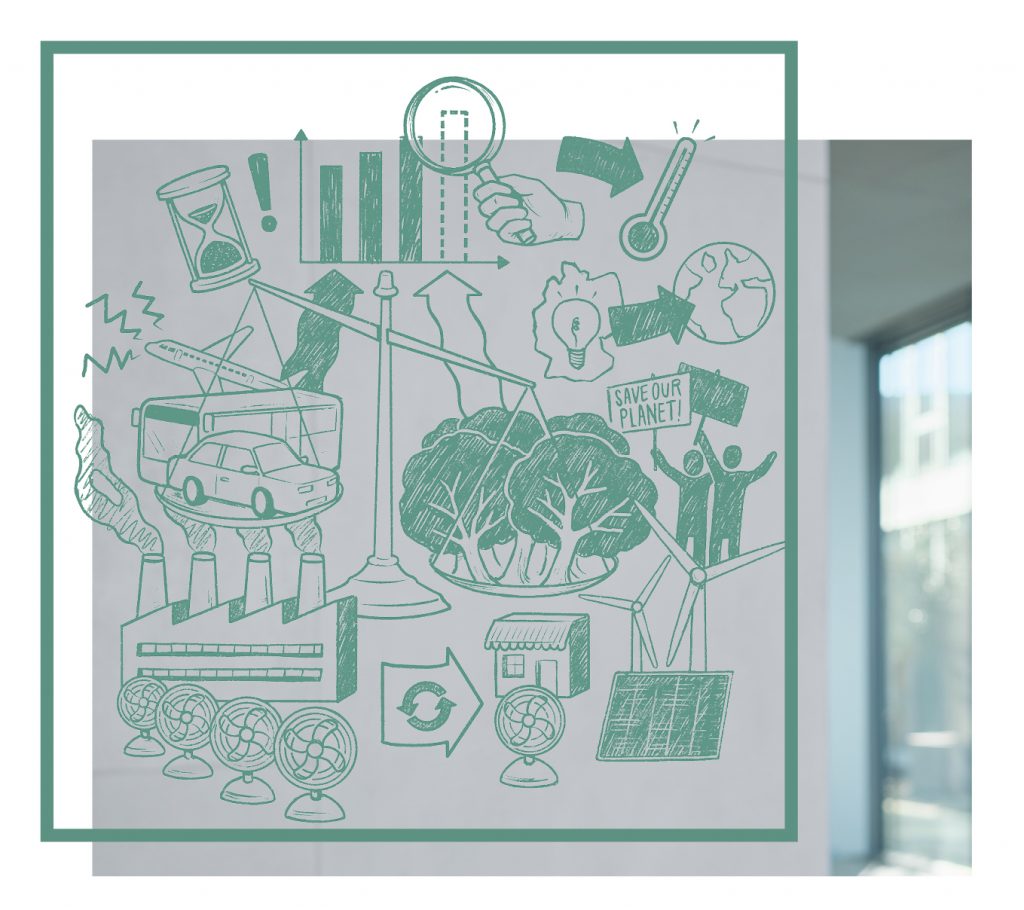
You say that climate neutrality is the wrong way to save the planet. Why is that?
Because climate neutrality is impossible. You can only be climate neutral if you do not exist. Therefore, we try to be good for the environment. But you are not protecting the environment by riding the train; you are just destroying it less than someone driving a car. Considering the almost eight billion people around the world, this is not enough. Instead, we have to learn to be beneficial to the planet. A tree is good for the environment: it captures carbon dioxide from the atmosphere and produces oxygen. It is not climate neutral, but it is useful. Humanity has to be climate positive. For example, by using only plastics made from the CO2 in the atmosphere and thus reducing the concentration of greenhouse gases in the atmosphere to the levels from before 1900.
What role do companies play here?
Instead of manufacturing products, companies should sell services. Fan manufacturers, for instance, sell equipment today that will break down after a few years. If they were to sell clean air instead, meaning the use of their equipment, then they would have an interest in manufacturing particularly durable equipment. At the end of the useful life, the manufacturers would take back the product, refurbish it, and offer it to their customers again. Such loops represent the basis of Cradle to Cradle®. Many companies around the world are already taking part in such business models, including Würth.
How can you embed sustainable thinking in businesses?
Human resource departments play a decisive role here. If they see people as an opportunity for the planet, then those people will also behave accordingly. Furthermore, businesses must not base their activities on achievements. True change means more than just driving an electric car or developing packaging that contains one gram less plastic. For young people, both sustainability and work-life balance have become key issues. But traditional values such as reliability and trust will remain relevant since innovation is only possible on the basis of such values.
How can Germany contribute to sustainability more on an international scale?
In Germany, we generate 2.3 % of global CO2 emissions. Reducing those emissions is all well and good, but it will not save the planet. It would be much more effective to inspire the world with innovations. Our companies can supply countries like China or India with the blueprint for a circular economy by showing them how to put it into practice effectively.
Does this mean scaling down global supply chains?
As long as we apply the principles of Cradle to Cradle® and pay fair wages, there is nothing standing in the way of a transnational division of labor. Nevertheless, a sustainable circular economy will require supply chains to be shortened drastically. This will happen automatically, however, if companies sell services instead of linear products because they have an interest in retrieving their products across short distances. This in turn will reduce the logistics costs as well.





